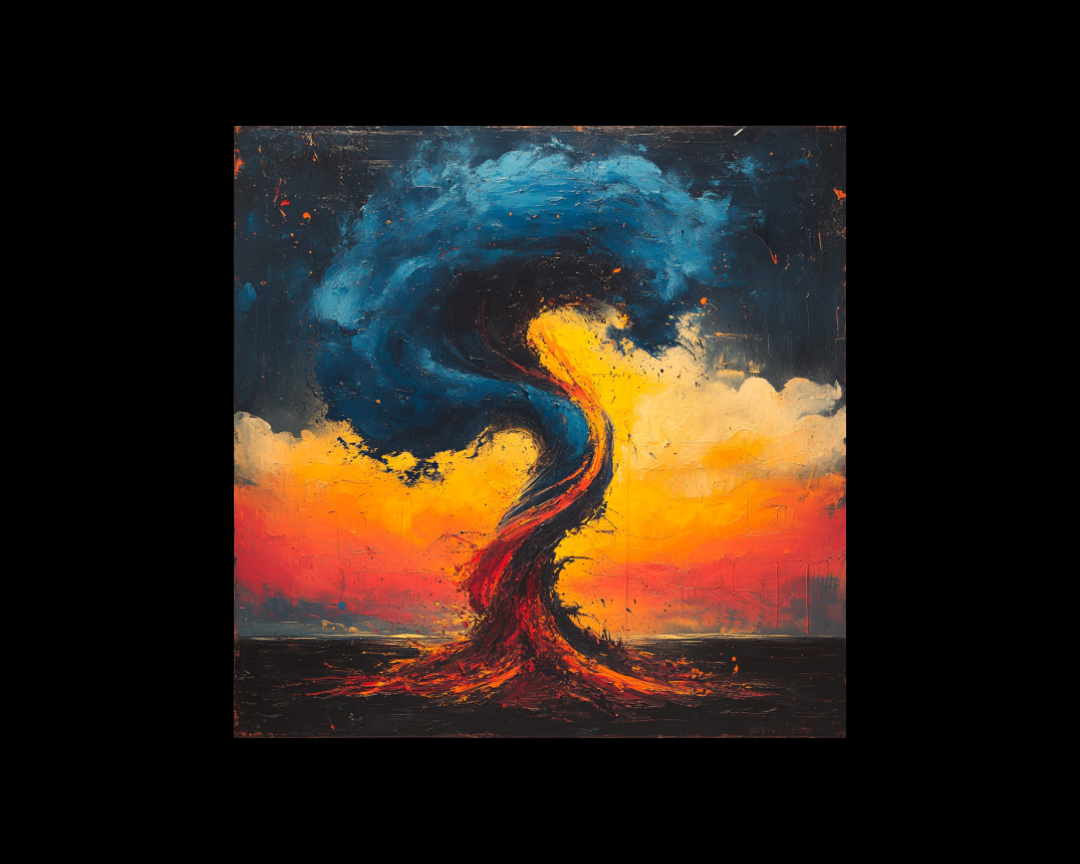Kick-off Events
In writing fiction, or even performance art, it's essential to understand the role of a kick-off event – that opening scene that sets the stage for...
3 min read
 Writing Team
:
Mar 24, 2025 11:26:07 AM
Writing Team
:
Mar 24, 2025 11:26:07 AM

Every great story hinges on a single, unforgettable moment—the point at which everything changes. That moment is called the inciting incident.
Whether you're writing a novel, a memoir, or a brand's origin story, the inciting incident is where your narrative kicks into high gear. It breaks the status quo and forces your main character (or brand, or customer avatar) to act. They can’t go back. From this moment on, the story is propelled forward.
Let's talk through what the inciting incident is, where it fits into your structure, how it differs across genres, and how to write one that grips your reader from the very first page.
The inciting incident is the event that alters your character’s world and sets the plot in motion. It’s often referred to as the “catalyst” because it’s the spark that ignites the fire. Before it, your character is simply existing. After it, they’re on a path they can’t avoid.
It’s not always dramatic in the traditional sense, but it always changes everything. It creates a “before and after” in the story.
Here are a few examples:
In The Hunger Games, Katniss volunteers for the games.
In Harry Potter, Hagrid tells Harry he’s a wizard.
In Gone Girl, Nick’s wife disappears.
Each of these moments catapults the character into a world that demands a response. That’s your job as a writer: to create a moment that demands change.
There are two primary types of inciting incidents:
Causal: Caused by another character’s actions. (e.g., a partner announces they’re leaving.)
Coincidental: Happens by chance. (e.g., stumbling into a magical wardrobe.)
Both types are valid—it all depends on your genre and what kind of narrative drive you’re building. In either case, the incident should feel personal and urgent for your protagonist.
While there are no hard-and-fast rules, most successful stories place the inciting incident early—often within the first 10-15% of the narrative. In some cases, it’s literally on page one.
This is especially important if you're submitting to agents or publishers, who often only read a few chapters. Readers need a reason to care right away. The inciting incident provides that reason.
In epic fantasy or literary fiction, the inciting incident may unfold more slowly—or even occur before the story starts. When that happens, make sure its impact is felt early and deeply.
Great inciting incidents look different depending on the genre. Here are a few standouts:
Romance: In From Lukov With Love, Jasmine is paired with a man she can’t stand.
Thriller: In Gone Girl, Amy disappears.
Fantasy: In The Lord of the Rings, Frodo inherits the One Ring.
Middle Grade: In Percy Jackson, a teacher attacks Percy—revealing the magical world.
Sci-Fi: In The Hitchhiker’s Guide, the Earth is destroyed.
Each of these moments is a call to adventure, a doorway the character must walk through, never to return the same.
Here are five tips to keep your inciting incident sharp, emotional, and impactful:
Make it happen to your character, not by them. It should feel like a disruption, not a decision.
Raise the stakes. The best inciting incidents come with consequences.
Tie it to your theme. It should hint at the journey your character is about to take.
Make it personal. Even if the stakes are global, your character must feel it intimately.
Use it to set your pace. A strong inciting incident creates narrative momentum.
Different genres handle inciting incidents differently. In commercial fiction, you may want to get to the inciting moment immediately. In more literary or book club-style stories, you may build more atmosphere before the shift occurs.
Just remember: whatever your pace, your reader must feel the urgency and significance of what’s happening. The inciting incident sets the tone, stakes, and emotional core of your book.
At Hire a Writer, we believe great storytelling is both art and architecture. The inciting incident is your blueprint’s first big move. Whether you’re writing for readers, clients, or a brand, nailing this moment helps you build momentum and connection from the very beginning.
Need help crafting your narrative structure? That’s what we’re here for. Our storytelling experts can help you outline, revise, or write your story from scratch—starting with the moment that changes everything.

In writing fiction, or even performance art, it's essential to understand the role of a kick-off event – that opening scene that sets the stage for...

In literature, narrative structures are often expected to follow a logical sequence—typically linear, with clear progression from introduction to...

In storytelling, the contrast between a character's understanding and that of others, including the audience, is a potent narrative device. This...